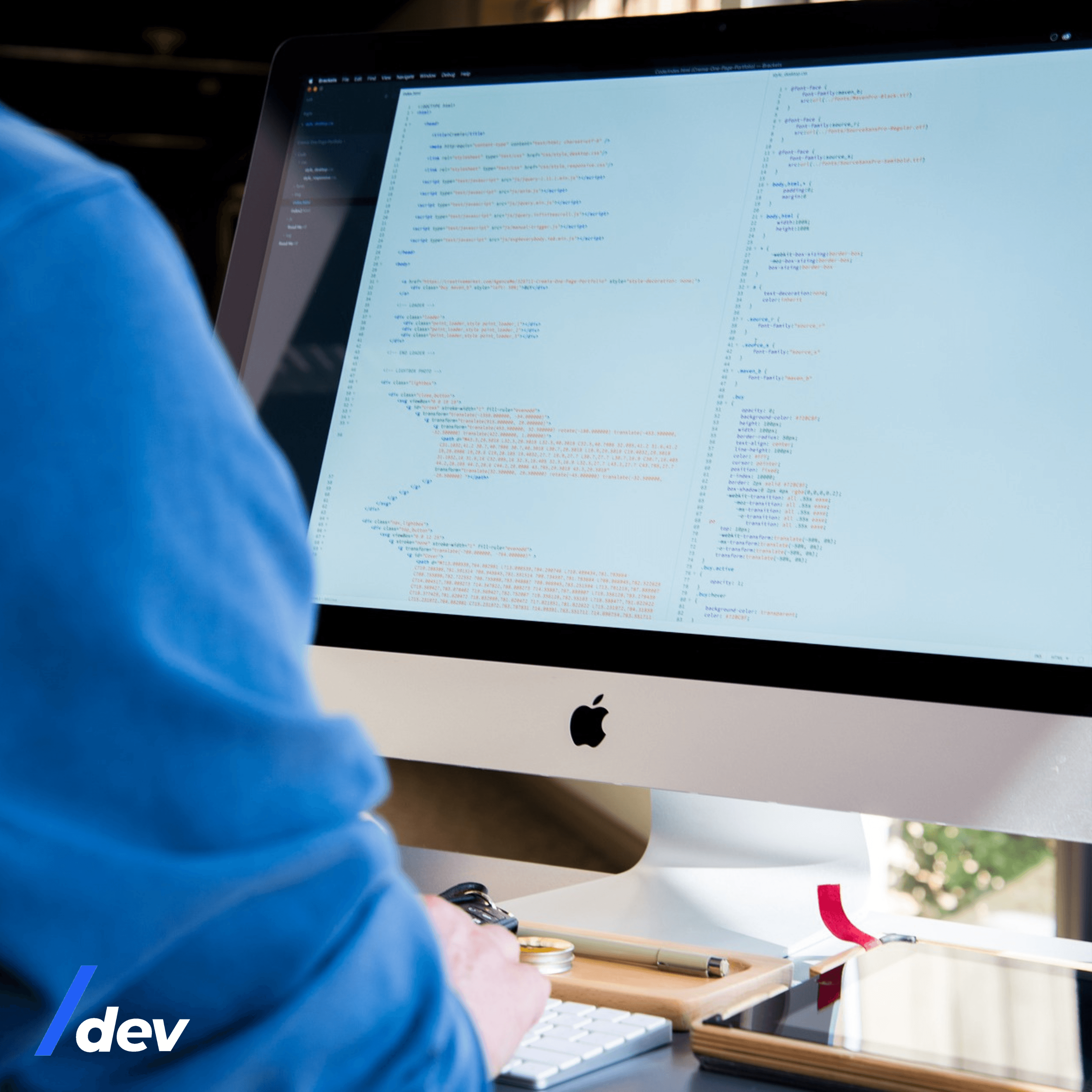Software Services
For Companies
For Developers
Products
Portfolio
Build With Us
Build With Us
Get Senior Engineers Straight To Your Inbox

Every month we send out our top new engineers in our network who are looking for work, be the first to get informed when top engineers become available

At Slashdev, we connect top-tier software engineers with innovative companies. Our network includes the most talented developers worldwide, carefully vetted to ensure exceptional quality and reliability.
Build With Us
Transitioning to Rust: A Guide for Node.js Developers/


In the realm of programming languages, Rust has been gaining significant attention for its focus on performance, safety, and concurrency. If you’re a Node.js developer looking to expand your skill set and explore new horizons, transitioning to Rust could be a rewarding journey. In this article, we’ll delve into Rust for Node.js developers, offering insights into its key features, benefits, and a roadmap for making a seamless transition.
Understanding the Appeal of Rust
Rust is known for its unique combination of features that make it a compelling choice for systems programming:
- Memory Safety: Rust’s ownership model and borrow checker ensure memory safety, eliminating common issues like null pointer dereferences and buffer overflows.
- Performance: Rust’s zero-cost abstractions and low-level control allow developers to write high-performance code without sacrificing safety.
- Concurrency: Rust’s ownership model and built-in concurrency primitives enable safe and efficient concurrent programming.
- Ecosystem: Rust’s growing ecosystem includes libraries and tools for a wide range of domains, from web development to game development.
Bridging the Gap: From Node.js to Rust

As a Node.js developer, transitioning to Rust may seem daunting, but there are several strategies to ease the process:
- Learn the Basics: Start by learning the fundamentals of Rust, including its syntax, data types, and ownership system. Rust’s official book is an excellent resource for this purpose.
- Ownership and Borrowing: Understanding Rust’s ownership model is crucial. It may feel different from Node.js’s garbage collection, but it ensures memory safety and eliminates common runtime errors.
- Concurrency: Embrace Rust’s concurrency model, which allows you to write safe and concurrent code without worrying about data races.
- Cargo: Your Best Friend: Cargo is Rust’s package manager and build tool. Familiarize yourself with it, as it makes managing dependencies and building projects a breeze.
- Rust’s Ecosystem: Explore Rust’s ecosystem to find libraries and frameworks that suit your needs. For web development, Actix and Rocket are popular choices.
Benefits of Transitioning to Rust
- Performance Boost: Rust’s emphasis on low-level control translates to faster and more efficient code, making it ideal for performance-critical applications.
- Memory Safety: Rust’s borrow checker prevents memory-related bugs at compile time, leading to more reliable and secure code.
- Parallelism and Concurrency: Rust’s concurrency model allows for easy parallelism without data races, improving the efficiency of your programs.
- Cross-Platform Compatibility: Rust’s focus on portability ensures that your code can run seamlessly across different platforms.

Sample Use Case: Building a Web API
To demonstrate the transition from Node.js to Rust, let’s consider building a simple web API using the Actix web framework in Rust:
- Setup: Install Rust and Cargo, the Rust package manager.
- Create a New Project: Use Cargo to create a new Actix project.
- Routing and Handlers: Define routes and handlers for your API using Actix.
- Middleware: Implement middleware for tasks like logging and authentication.
- Testing: Write unit and integration tests to ensure the correctness of your code.
- Building and Deploying: Use Cargo to build your project and deploy it to a server.
Conclusion
Transitioning from Node.js to Rust may require some effort, but the benefits are substantial. Rust’s focus on performance, memory safety, and concurrency make it a powerful choice for developers seeking to build efficient and reliable software.
Explore the world of Rust and its potential for Node.js developers at slashdev.io and discover how this versatile language can enhance your programming skills and empower you to tackle new challenges with confidence.
Stay updated on the latest trends and technologies in programming at slashdev.io and learn how to stay ahead in the rapidly evolving landscape of software development.

